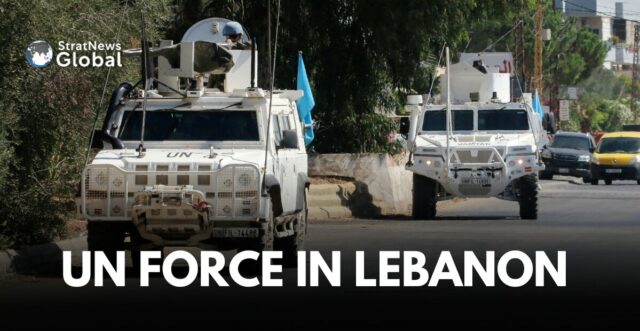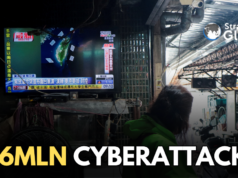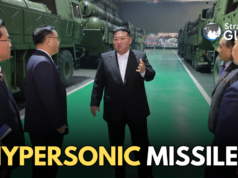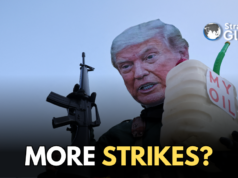United Nations peacekeepers are determined to remain at their posts in southern Lebanon, the force’s spokesperson said on Thursday, despite Israeli attacks in recent days that have wounded U.N. personnel and prompted international alarm.
Andrea Tenenti said Israeli attacks on the peacekeeping force known as UNIFIL with tank shells and small arms fire had left two wounded members in hospital and knocked out some of their monitoring capabilities on Wednesday and Thursday.
More Army Members
Strengthening Lebanon’s army will be crucial to implementing a key United Nations Security Council resolution that aims to keep peace on the country’s border with Israel, the United States and France said on Thursday.
Deputy U.S. Ambassador Robert Wood told a meeting of the 15-member Security Council that the international community must focus its efforts on strengthening Lebanese state institutions.
“The solution to this crisis is not a weaker Lebanon. It’s a strong and truly sovereign Lebanon, protected by a legitimate security force, embodied in the Lebanese Armed Forces,” he said.
UNIFIL Friction
A U.N. peacekeeping mission – known as UNIFIL, was adopted in 2006. It was formed to help the Lebanese army keep its southern border area with Israel free of weapons or armed personnel other than their personnel. That has sparked friction with the heavily armed, Iran-backed Hezbollah.
A year ago Hezbollah began firing at Israel in support of Palestinian militant group Hamas at the start of the Gaza war. The conflict has escalated in recent weeks as Israel carried out air strikes and launched a ground incursion in Lebanon’s south.
French U.N. Ambassador Nicolas de Riviere said an immediate ceasefire was needed. It said that the proposal for a 21-day truce put forward by France and the U.S. last month still stands. Wood said the U.S. was working toward a diplomatic solution, but made no mention of a ceasefire.
Lebanon’s acting U.N. Ambassador Hadi Hachem told the council that “only diplomatic solutions and the implementation of international resolutions, the commitment to international law and international humanitarian law are the means to end this war and this aggression.”
‘Do The Job’
Israel’s U.N. Ambassador Danny Danon told the council that resolution 1701 must be enforced, along with resolution 1559, which was adopted in 2004, and “calls for the disbanding and disarmament of all Lebanese and non-Lebanese militias.”
“We are fulfilling our obligations to ensure this, and the council must support us in our efforts,” he said.
Lebanon’s Sovereignty
De Riviere told the council that one of the goals of a conference that France plans to hold in Lebanon on Oct. 24 was to guarantee Lebanon’s sovereignty.
“We want heightened support for Lebanese institutions, in particular, the Lebanese Armed Forces,” he said, later telling reporters: “We need the Lebanese Armed Forces to be deployed to the south and do the job … What we need to do is to make sure that the Lebanese Armed Forces are properly equipped and trained.”
U.N. peacekeeping chief Jean-Pierre Lacroix said that UNIFIL was ready to support all efforts towards a diplomatic solution.
“UNIFIL is mandated to support the implementation of resolution 1701, but we must insist that it is for the parties themselves to implement the provisions of this resolution,” he told the Security Council.
The resolution bans all parties from crossing the Blue Line – a U.N.-mapped line separating Lebanon from Israel and the Israeli-occupied Golan Heights – by ground or air. U.N. officials have for years reported violations by both sides.
(with inputs from Reuters)





